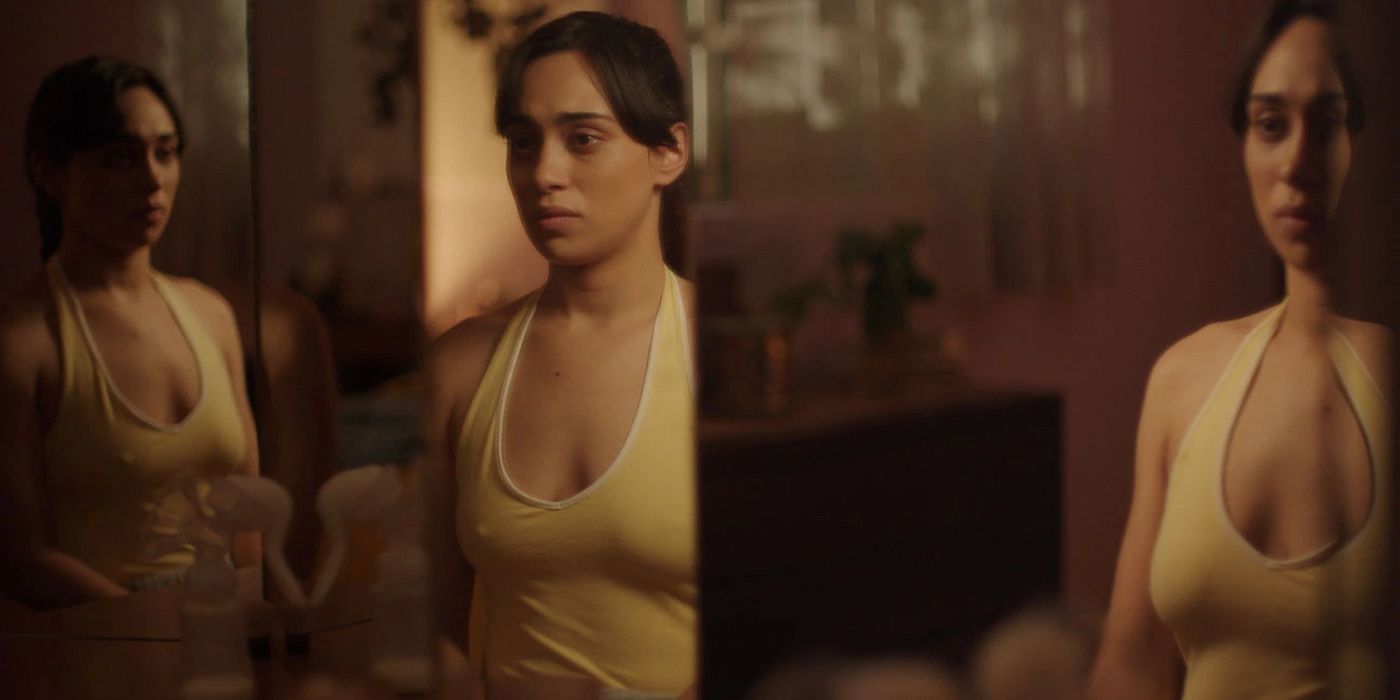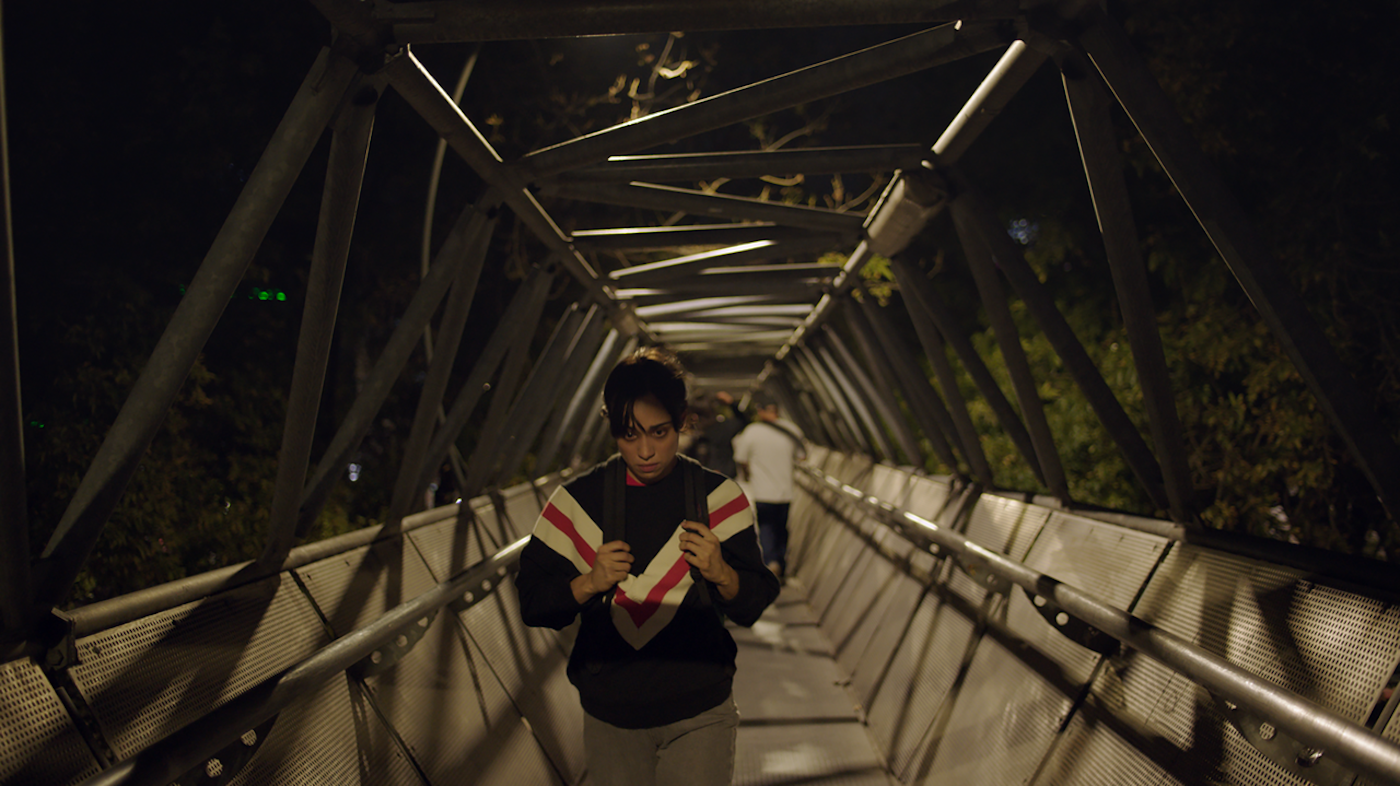Few things are as scary as bringing a new life to the world. First, there’s the issue of pregnancy, where bones change position, and organs get displaced to allow a new body to grow inside a womb. Then, there’s the social and material impact that comes with a child, as time, money, and energy must be fully redirected to the comfort and security of another being. Of course, the societal pressure on women also includes an expectation to completely abandon their hopes and dreams in favor of raising a child. Unfortunately, while we are all aware of these issues, the challenges of motherhood are an unspeakable taboo. That’s what makes Michelle Garza Cervera's directorial feature debut so enticing, as Huesera: The Bone Woman cleverly approaches the subject through the lenses of horror, creating an uneasy experience that’s nevertheless illuminating when it comes to motherly woes.
Huesera follows protagonist Valeria (Natalia Solián) from the conception of her child to birth, bringing her inner universe to life through disturbing imagery. While Valeria seems anxious to be a mother at first glance, it doesn’t take long for Huesera to explore the contradictions having a child carries. And just as Valeria realizes she’ll have to abandon her hobbies, her pleasure, and any trace of independence once people put her in the role of a mother, she starts to have terrifying visions of a woman with broken legs crawling after her and hiding in dark corners.
As the movie progresses, the supernatural presence becomes more real, affecting the world around Valeria and making her family and friends doubt her sanity. Meanwhile, Valeria’s body begins to crack and shift under the weight of her upcoming baby, offering the audience a bizarre body-horror spectacle that does a lot with minimal makeup and special effects, thanks to Solián's commitment to the role.
As if dealing with a supernatural presence wasn’t hard enough, the longer Valeria is pregnant, the more she feels her life slipping through her fingers, as every person in her inner circle shows her how the baby is all that matters from that moment on. In short, Valeria lives a double nightmare in Huesera, pushed away and isolated when she needs the most help to understand her conflicting feelings about being a mother.
Before the credits roll, things will get uglier, and Valeria will be forced to confront the creature that’s been haunting her waking life and her true feelings about motherhood.
The way Cervera chose to spread this uncomfortable message is both visceral and highly emotional. Motherhood is a touchy subject, but Huesera never refrains from digging through the dirt to reveal the bones some would prefer to remain buried. For that alone, the movie should already be praised. Still, Huesera is masterfully shot, and every cast member delivers praiseworthy performances. All that only make us more excited to see whatever the filmmaker brings next to the silver screen.
Another thing that makes Huesera so refreshing is that the movie fully embraces the Mexican background instead of trying to mimic Hollywood settings. That means Huesera is overflowing with the religious syncretism of Latin American countries, where Christianity exists alongside pagan rites. From the makeshift architecture of poor neighborhoods to everyday issues like lack of running water, Huesera incorporates Latin American elements to elevate its narrative, offering a refreshing horror movie. As such, Cervera’s debut feature also explores how the expectations surrounding motherhood are even more accentuated in Latin countries.
The way Huesera favors metaphor above clarity will undoubtedly push some viewers away. Still, horror fans willing to approach Huesera with open hearts will be gifted a unique experience that exposes the violence of reducing women to their role as mothers.
Rating: A-
Huesera: The Bone Woman comes to theaters on February 10 and VOD on February 16.


